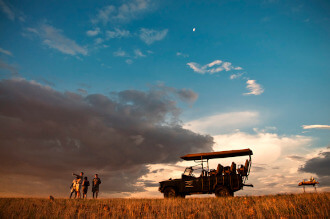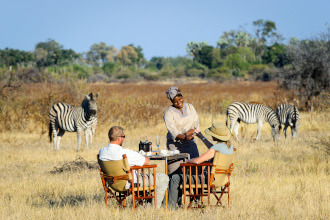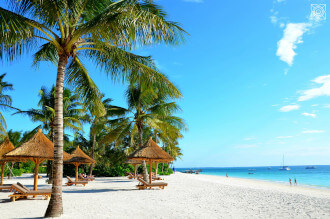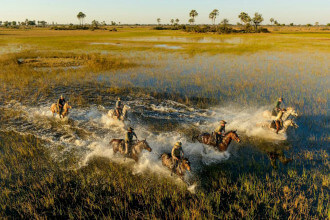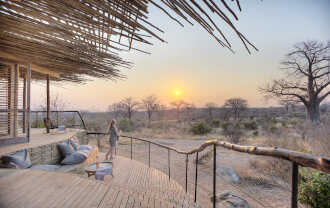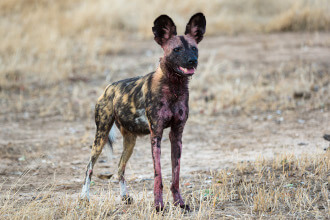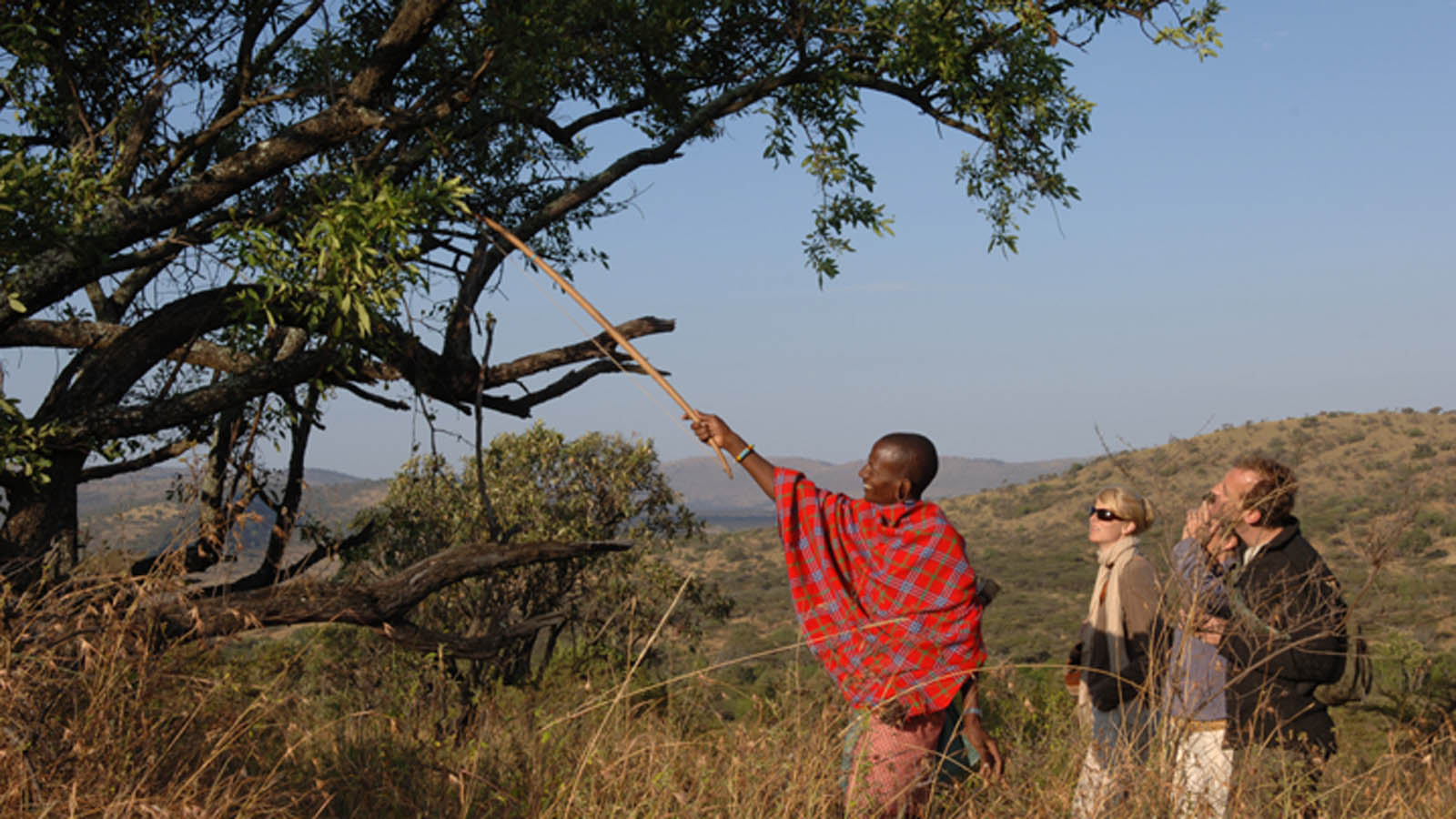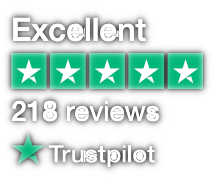Flights departing Zanzibar are subject to a departure tax of $46 per person for international flights and around $15 per person for internal flights. Flights from Kigali are subject to a departure tax of $40. These amounts must be paid locally in cash. All other taxes within Tanzania are prepaid.
Throughout Africa, permission should be requested before taking photographs of local people. Tanzania is broadly Christian but much of the swahili coast is Muslim and it is important to respect all cultural differences. Swimwear is appropriate at all beach resorts and at your hotel / lodge pool, but not in town. Topless sunbathing is prohibited. Although most safari lodges offer a laundry service, this often excludes underwear.
US dollars are favoured above Sterling, and most excursions, tips, drinks and curios can be paid for in dollars with the exception of South Africa, where the South African Rand is used. We advise clients to take spending money in the form of US dollars cash (however please be advised that US dollar notes dated before 2004 are not usually accepted because of the risk of counterfeiting). Credit cards are also widely accepted though usually subject to a large surcharge, however American Express and Diners Club are generally not accepted.
For keen photographers, we advise a minimum zoom of 300mm, a 70-300mm lens is recommended. Binoculars are can also be useful on safari, especially for keen birders; a specification of 10 x 40 would be ideal. It is possible to rent a pair from the The Safari Store.
Most countries use UK style plugs, however South Africa have their own plugs which will require an adaptor. On safari, many lodges and tented camps operate their own generators which offer intermittent electricity. We recommend taking a small flashlight.
Hairdryers requiring extra power cannot be used in some camps and lodges.
YELLOW FEVER
All travellers arriving into Tanzania, Kenya and Mozambique from any Yellow Fever infected country (such as Kenya, Tanzania, Ethiopia, Uganda etc) must carry a valid Yellow Fever certificate which you will be asked to show on arrival. Entry may be denied if you do not have the necessary certificate.
You do NOT need a Yellow Fever certificate if arriving from Europe or the US, or if you are flying into Zanzibar from mainland Tanzania (or vice versa).
However, since these rules are subject to change overnight, and also to misinterpretation from overzealous immigration officials, we strongly recommend that you travel with a Yellow Fever certificate or exemption certificate. Please also note that the Yellow Fever vaccination only becomes effective 10 days after vaccination.
MALARIA
Malaria is endemic throughout Sub-Saharan Africa except some areas in South Africa. Seek the advice of your doctor before you travel as to which prophylactics are currently recommended. If you feel unwell and feverish at any time while travelling or within a year of your return, seek medical advice as soon as possible and tell your doctor that you have been in a malarial zone.
STOMACH UPSETS
It is not unusual to suffer a mild stomach upset in the first few days of your trip due to a change in the food and water. You may wish to carry some Imodium and rehydration salts with you in case of this eventuality.
OTHER
It is normally recommended that travellers to Africa should be inoculated against typhoid and hepatitis. Consult your doctor before you travel about these and any other recommended inoculations. The BA Travel Clinic (020 7439 9584) or Trailfinders (020 7938 3999) can also advise.
PERSONAL MEDICATION
Remember to take with you sufficient supplies of any personal medications to last the duration of your trip. It is also a good idea to carry a copy of your doctor’s prescription in the event of any issues arising at customs. Essential medications are best carried in hand luggage in case hold luggage should go astray.
It is very highly recommended that all travellers have full travel insurance including medical repatriation. We are not permitted to sell insurance or recommend an insurer, however many of our European clients use TAGIS (tel 0845 345 3456) or Campbell Irvine (020 7937 6981), and many of our American clients use Travel Guard from AIG (tel 1 800 826 4919). There are of course many other excellent insurers and we recommend that you shop around to find the policy that best fits your requirements.
Please note that ALL internal flights within Africa will stop off at (sometimes several) different airstrips on the way to your final destination. The exact route is decided by the airline the night before.
Swahili is the first language for most Tanzanians and Kenyans, although English is very widely spoken and is the other official language of both countries. English is also widely spoken across Southern Africa, your guides and camp hosts in any country will always be completely fluent in English. There is absolutely no need for visitors to speak any local language, however any effort you make to say a few words will be greeted with great delight.
Internal scheduled and charter aircraft flights within Africa have strict baggage limits (23kg in Zambia, 20kg in South Africa and Botswana and 15kg in Kenya and Tanzania) - including hand luggage.These regulations are rigorously enforced so please limit your luggage to the appropriate weight. Please check for any changes to these limits before departure. Please also take your luggage in soft bags rather than rigid suitcases (i.e. a kit bag or soft sided suitcase, without wheels or handles). Please note that the international airlines do lose or mislay hold luggage depressingly frequently, and we strongly suggest that you take any essential items (such as a change of clothes / malaria tablets / medicines etc) with you in hand luggage.
The good news is that all safari lodges and camps offer a (usually complimentary) laundry service so you dont need to take too many clothes with you. Underwear is usually not accepted, although washing powder is often provided in your room / tent. Bear in mind that this is the African bush so the service will be fairly basic - your items wont be neatly ironed or packed in tissue paper, and you might prefer not to submit anything in any way delicate!
On safari casual and comfortable dress is appropriate. Comfortable lightweight cotton clothing in subdued safari colours is practical. During the day, shorts or trousers are ideal, and the evenings may be chilly so light cardigans or sweaters are appropriate. For clients visiting the Ngorongoro Crater and southern Africa in our summer, please note that the evenings and early mornings can be very cold and so taking a fleece is advisable. Long sleeved shirts and trousers are also advisable in the evenings to lessen the chance of being bitten by mosquitoes. For those planning to walk we would recommend a good pair of closed walking shoes or boots. Most of the lodges offer a free laundry service which can help with the limited luggage allowances.Tsete flies are a problem in Africa and can be very painful, they are attracted by the colours blue and black so we strongly advise against wearing clothes of this colour
CLOTHES
-Shorts
-T-shirts
-Long trousers
-Long-sleeved shirts
-Sweater or fleece
-Warm jacket
-Light raincoat
-Socks & underwear
-Pyjamas
-Swimsuit
-Comfortable sturdy walking shoes
-Sandals or flip-flops to wear around camp
-Gloves for cold mornings
-Thick gardening gloves if gorilla trekking (to grasp sharp foliage)
-Sunglasses
-Wide-brimmed hat
-Waterproof bags for anything wet or dusty
-A sarong / kikoy / shawl is often very useful
We are happy to recommend The Safari Store for good-quality safari clothing and equipment. Our clients get a 10% discount, by quoting odyssey at checkout.
TOILETRIES
-Sun block
-Insect repellent
-Lip balm
-Antihistamine cream for insect bites & stings
-First aid kit including Imodium and rehydration salts
-Tissues
-Malaria tablets (see your doctor before you travel for up-to-date advice)
-Motion sickness tablets if required
-Personal toiletries and medication
GENERAL
-Binoculars
-Camera plus lenses / filters etc, batteries, charger, memory cards (these are not readily available in East Africa so take more than you think you need). We recommend a minimum zoom of 300mm for keen photographers.
-Batteries and chargers for electronics
-Travel adaptor for non-UK visitors (Tanzania uses UK-style 3 pin plugs)
-Flashlight
-Local guidebooks and wildlife / birdlife guides
-Credit and ATM cards (check that your bank has international ATM locations to avoid high fees, and tell them where you’ll be travelling before you leave)
-Cash - US dollars - for camps that don’t accept credit cards, and some in small denominations for gratuities
-Mobile/ cellphone and charger
DOCUMENTATION
-Passport and photocopies
-Air tickets and vouchers
-Itinerary and travel / accommodation vouchers
-Travel insurance documentation
-Yellow Fever Inoculation certificate – if travelling to Zambia or East Africa, you need to have a yellow fever inoculation (no less than 10 days prior to travel) and will need to have a certificate/card as proof when entering the country.
We recommend a tip of US$15 per guest per day for a driver/guide while on safari. We also recommend a general tip of $10 per guest per day at safari lodges / camps, and $5 per guest per day at beach hotels / resorts, to be shared amongst the general staff.
IT IS YOUR RESPONSIBILITY TO OBTAIN THE NECESSARY VISAS FOR YOUR TRIP.
Please note the information below is for EU/US and Canadian citizens – for other nationalities please contact your nearest High Commission. It is your responsibility to ensure that you obtain the appropriate visas before departure. This information is correct at the time of printing and it is subject to change. All countries require that your passport is valid for at least 6 months from departure from Africa, and has at least 2 consecutive blank pages per country to be visited.
Please see the detailed country advice below. If you are getting visas on arrival please ensure that you keep approximately $100 per person per visa in cash for them. If you are short of time then Action Visas in the UK can arrange them: 020 7939 8100.
Tanzania- visas are required and can be obtained on arrival at a cost of $100 for American and $50 for European citizens.
Note - Passengers flying to the Selous or Ruaha from Dar, or from Wilson to Kilimanjaro with onward connections, will be required to have their visas in advance of travel as the onward flight will not wait for what can be a lengthy queue on arrival.
Zimbabwe and Zambia - visas are required and can be obtained on arrival at a cost of $50-$100.
Botswana, Malawi, Namibia, Mauritius and South Africa – visas are not needed though please ensure that your passport is valid as above.
Mozambique, visas need to be obtained before arrival from the nearest High Commission.
Kenya, From 1 September Kenyan Visas are NOT possible to get on arrival, and so it is imperative that you get your Kenyan Visa in advance online – please see https://www.ecitizen.go.ke/ Clients who do not have a valid visa may be denied boarding.
Rwanda–nationals of Australia, Germany, Israel, New Zealand, South Africa, Sweden, UK and USA can obtain a visa on arrival for a fee of $30, without prior application. Nationals of other countries cannot obtain a visa on arrival and must apply for a visa in advance - see https://www.migration.gov.rw for details.

